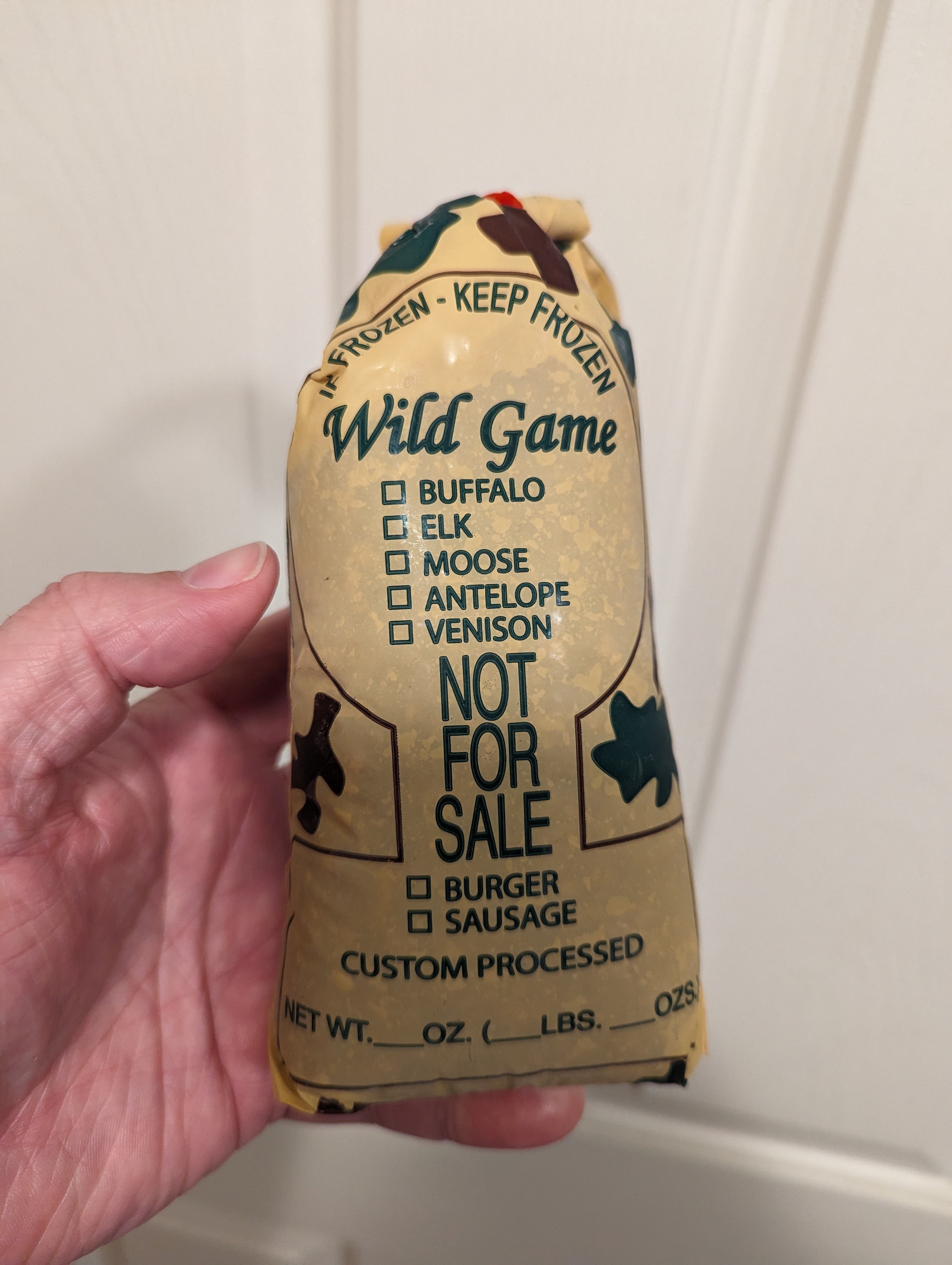Okay, so I'm not far from the Fresno Zoo. Fresno Chaffee Zoo participates in wildlife re-introduction programs in order to bring species back from the brink (or from extinction in the wild, even). That's important work.
Does the threat of extinction justify subjugation? Well, I guess that's down to your personal moral outlook, I suppose. Personally, I think that it's better to preserve life than not, and given what poor stewards of the planet we're being, I'd suggest we have a duty to keep these populations going until we can get our shit together. But, again, it's a question of personal convictions.
People don't read the plaques at the zoo? So what. Imo, you can't judge educational efficacy on that metric alone. I think that seeing these animals helps make them real to people, instead of just some thing you saw on TV once. Besides that, this doesn't account for a number of things, like:
-How often did the polled attendees visit the zoo in the last year? If they visit frequently, reading the plaques probably is kind of a moot point
-How familiar are attendees with zoos in the first place? If an attendee is familiar with a zoo, it's not really that much of a shock to say that they didn't have their world view changed by the visit. It's possible their world view has already been affected by previous zoo visits.
I'll concede that the system can use some work, but I see that as cause for reform, not cause for burning the whole thing down.

